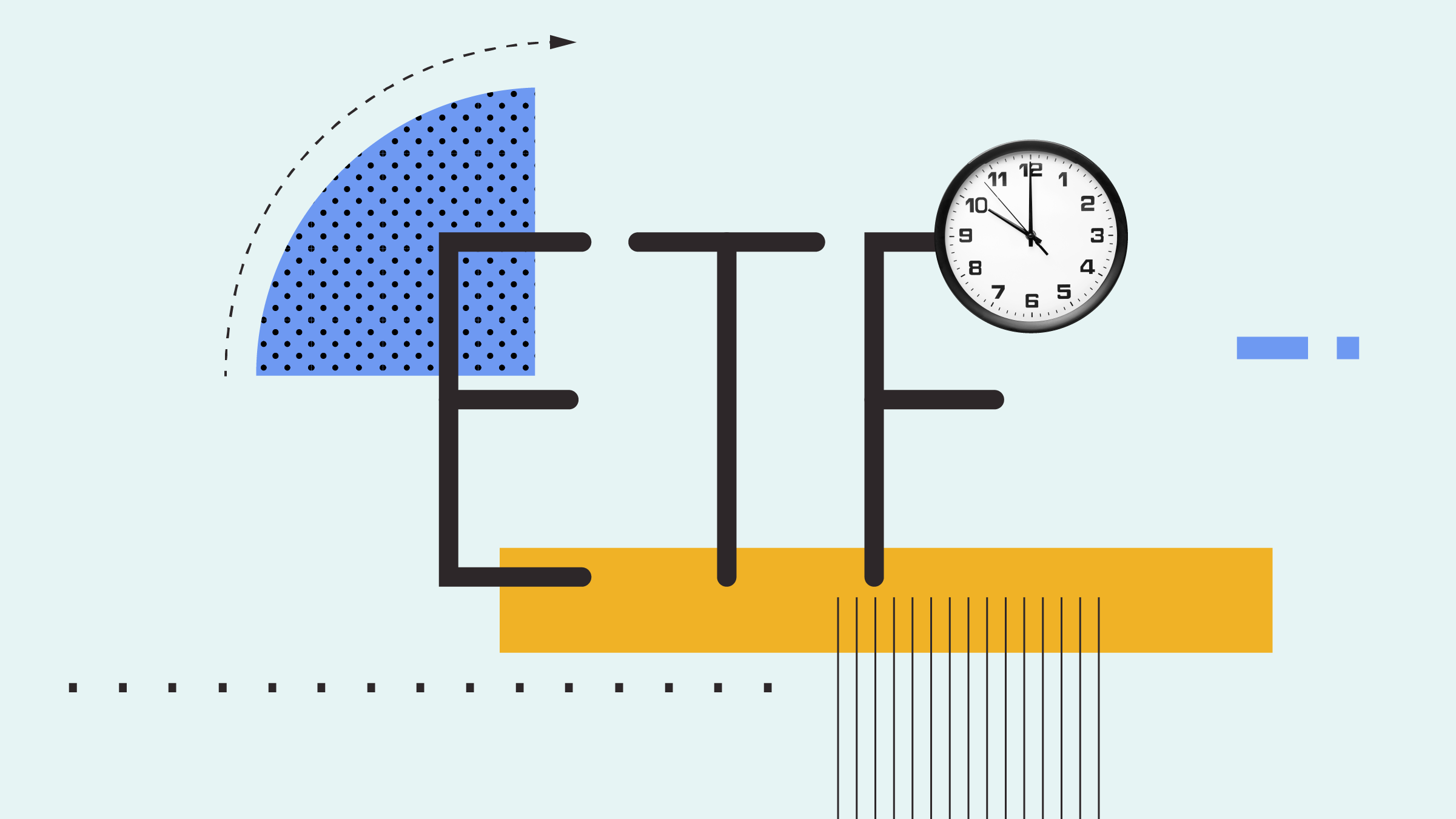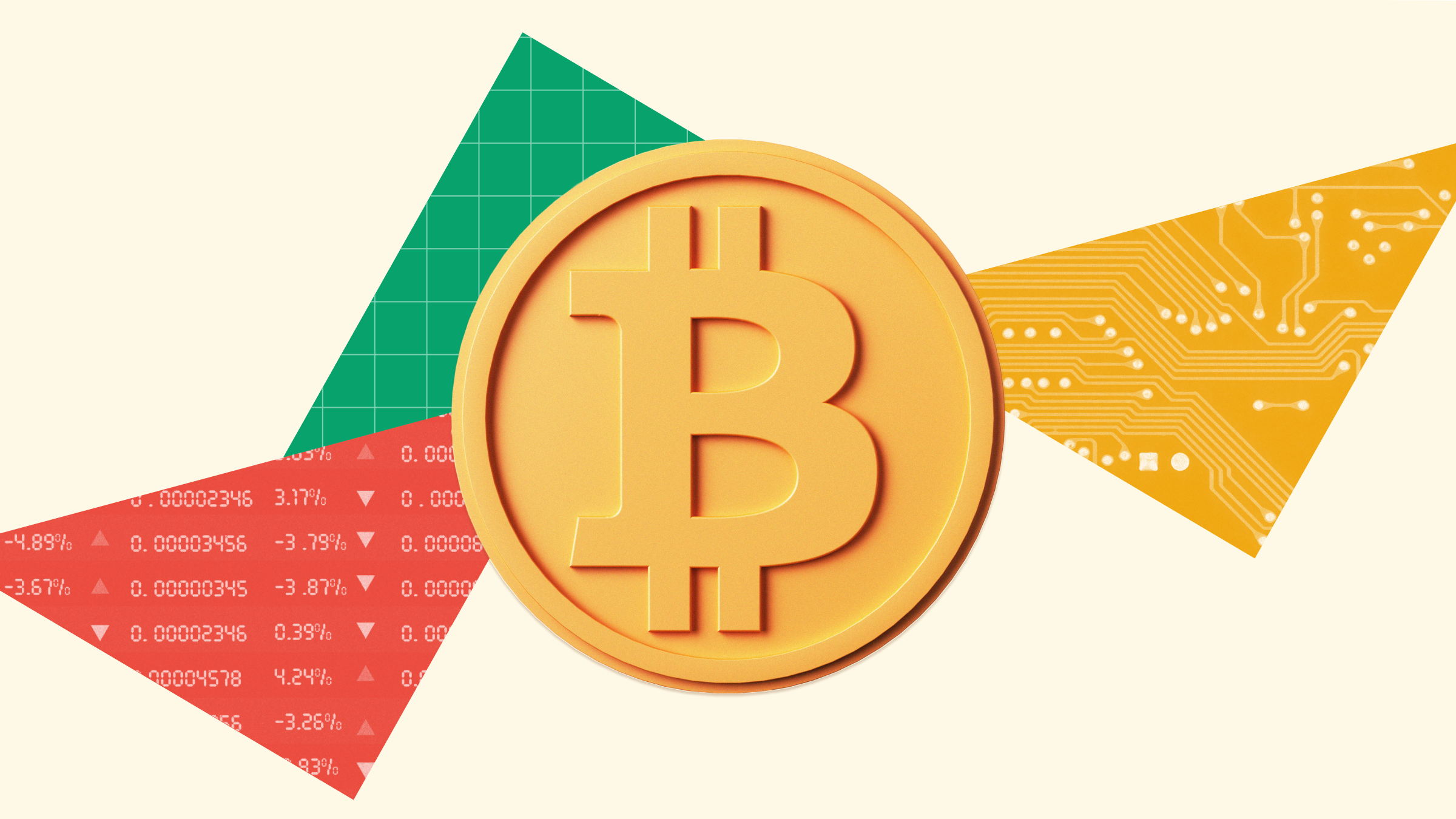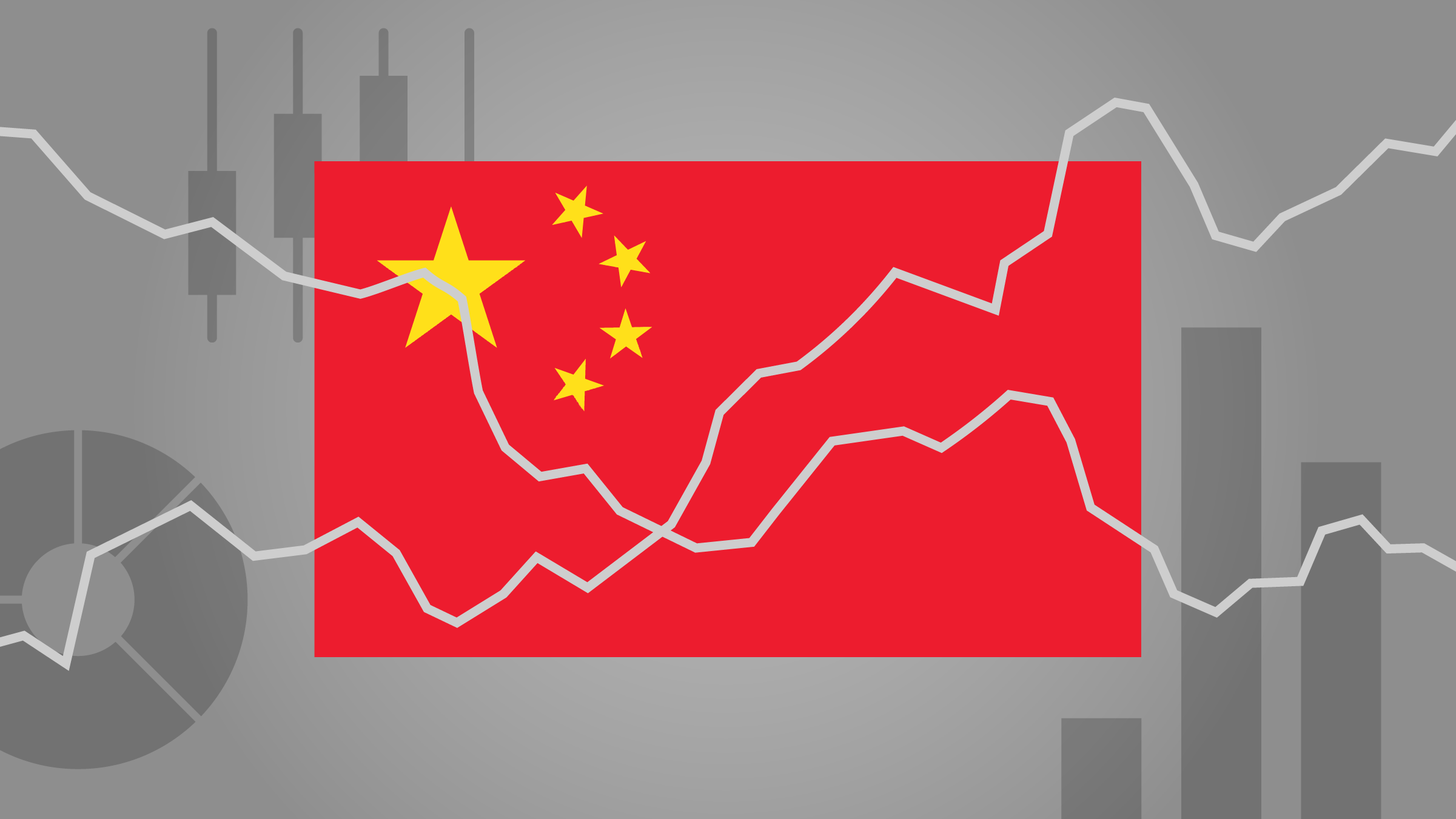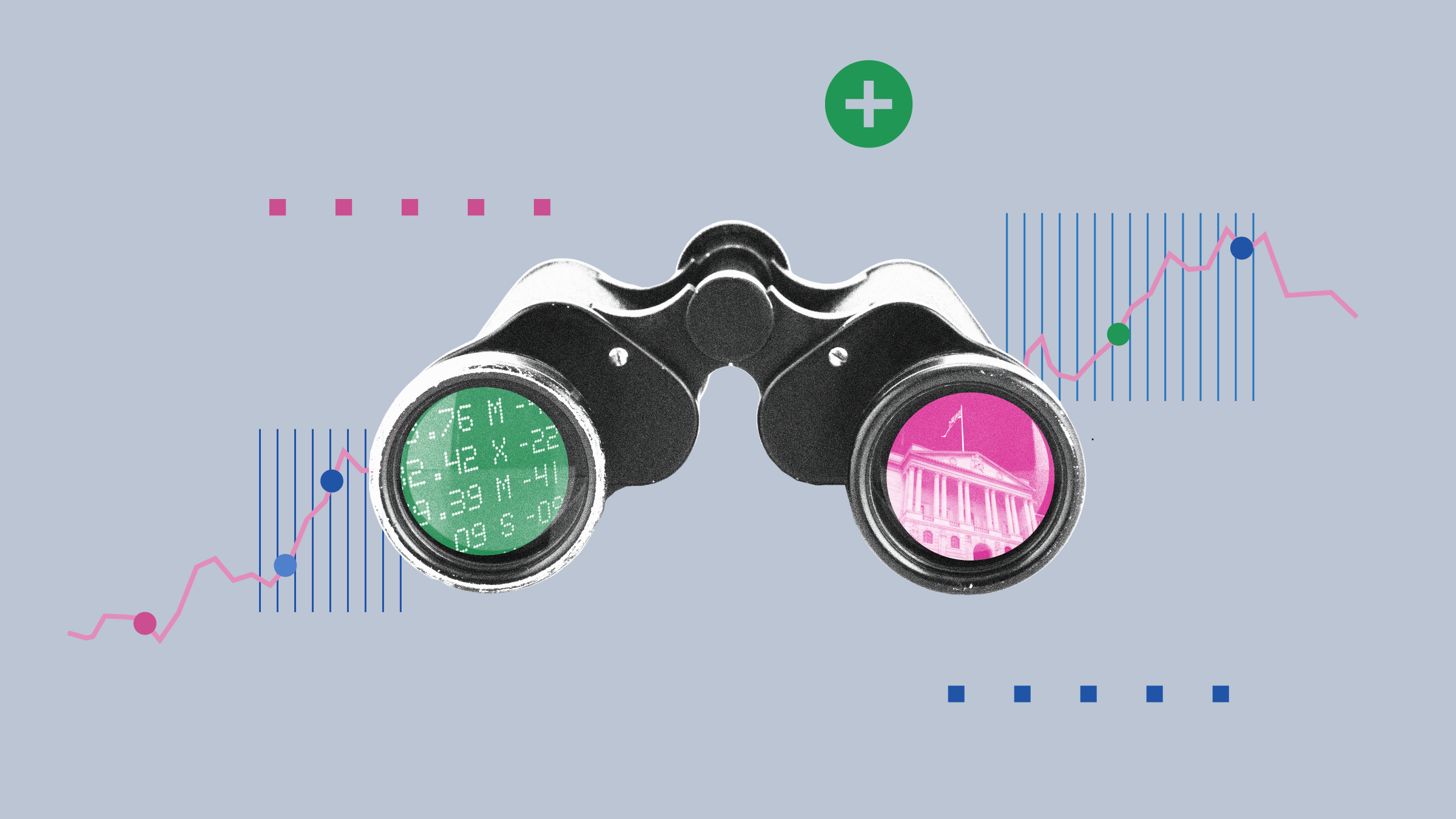Pearson's (PSON) restructuring continued today with the sale of the firm's 50% stake in The Economist to EXOR S.p. A. for £469 million in cash. We regard the deal as being good value for Pearson, and we expect the proceeds to be put towards acquisitions in the education publishing industry.

Pearson now has an acquisition pot of around £1.8bn

We are reiterating our £13 fair value estimate for the ordinary shares, and this deal does not impact our narrow moat rating.
However, the existential changes in both the publishing industry, and Pearson's position in it, present risks, and we are maintaining our negative moat trend rating.
The sale of Pearson's stake in The Economist is the latest step in the firm's strategy to focus the business on education publishing, and it follows last month's sale of the Financial Times to Nikkei for £844 million. The strategy represents a big bet on education at a time publishing is experiencing a seismic shift from print consumption to digital platforms.
Nevertheless, education offers an attractive long-term trajectory, particularly in emerging markets where literacy rates are growing. We also like management's focus on learning outcomes, as we believe this focus commands strong pricing power.
The value realised for The Economist was healthy, in our opinion, and 17% above our valuation estimate of £400 million. It represents over 22 times 2014 EBIT and 19 times its contribution to earnings per share. Subscriptions have been fairly stable, with 1.6 million subscribers in 2014, but advertising revenue has been in decline, in line with the broader industry.
With the disposals of the Financial Times last month and of PowerSchool in June, we believe Pearson now has an acquisition pot of around £1.8 billion. This could be increased by the sale of Pearson's 47% stake in Penguin Random House, which is another asset that doesn't appear to fit management's strategy. Joint venture partner Bertelsmann is the natural buyer of that business.





























